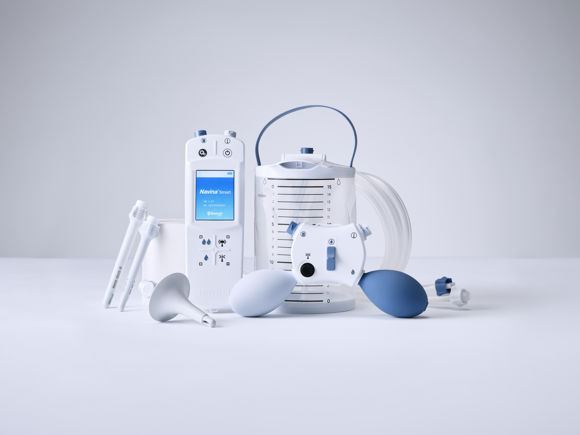
What is Chronic Constipation?
Chronic constipation is referred to as infrequent bowel movements or difficulty in passing stool that persists for more than three months. Symptoms are similar to those of regular constipation, although more serious symptoms can occur.
Symptoms of Chronic Constipation
Depending on the severity of your constipation, you may experience one or more of the following symptoms:
- Less than 3 bowel movements per week
- Lumpy or hard poop
- Feeling bloated (a swollen tummy)
- Abdominal pain
- Straining during defecation
- The sensation of blockage or obstruction in the rectum
- A feeling of incomplete emptying
- Need to facilitate emptying by pressing the abdomen or using a finger to pass stool
When having chronic constipation, it is common to experience more than one of the symptoms and to spend a long time on the toilet trying to empty the bowel.

Causes of Chronic Constipation
There can be several reasons for the symptoms of constipation. A lifestyle with little or no physical activity, a diet with a low fiber intake, and dehydration i.e. not drinking enough water, are all factors that will affect the bowel. Certain medications like sedatives, opioid pain medications, some antidepressants, and some medications to lower blood pressure, may also affect the bowel and cause constipation.
The transit time of stool varies in individuals from one to three days and depends on bowel movements, which are called peristalsis. Up to a third of individuals with constipation have slow transit constipation, which occurs because the bowel movements within the bowel are greatly reduced and the ability for stools to move along the bowels becomes very slow. The reason for the slow transit can be neurogenic or is sometimes not known. Constipation without any known underlying cause is called functional constipation.
Constipation can be caused by an obstruction (blockage) in the bowel or by impairment in the pelvic floor muscles leading to difficulties to empty the bowel. Other factors that may cause constipation are innate malformations of the lower part of the bowel such as Hirschsprung’s disease, or surgery to the pelvic floor. Childbirth can also cause damage that leads to painful bowel emptying and bowel issues that can be lifelong.
Toilet behavior such as not going to the toilet when needed is common and referred to as withholding behavior and is the most common cause of constipation in children. Not emptying the bowel when needed makes the stool harder and when emptying it may become painful. This acquired behavior is common in adults as well, especially when wanting to avoid going in public toilets and can cause constipation in the long run.
Constipation may be a consequence of another condition, like spinal cord injury, multiple sclerosis (MS), or Parkinson’s disease.
Treatment for Chronic Constipation
Many men and women who experience severe symptoms from chronic constipation suffer in silence without getting the help they need. If you've experienced this, you are not alone. You may have already tried a lot of things – drinking more water, different diets, excluding certain food, exercising, laxatives, and medication, but nothing has helped.
That’s when a therapy called bowel irrigation may offer a solution, by relieving severe constipation using only lukewarm water. It could be a way back to life.
-
Treatment for Bowel Problems
There are several ways to treat bowel dysfunction. These include surgical methods, transanal irrigation and conservative methods - such as lifestyle and diet.

-
What is Bowel Irrigation or TAI?
Treatment with bowel irrigation, sometimes also called transanal irrigation (TAI), is an option when other treatments like medications, diet changes and fluids have not helped.

-
Navina Irrigation System
Navina Irrigation System is used for effective high volume transanal irrigation (TAI) therapy. It is the only system on the market offering both manual and electronic control to effectively relieve bowel leakage or chronic constipation.
